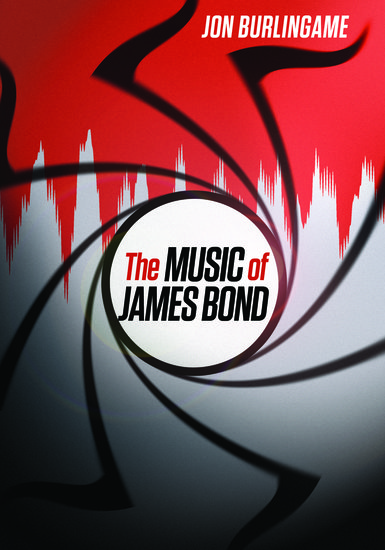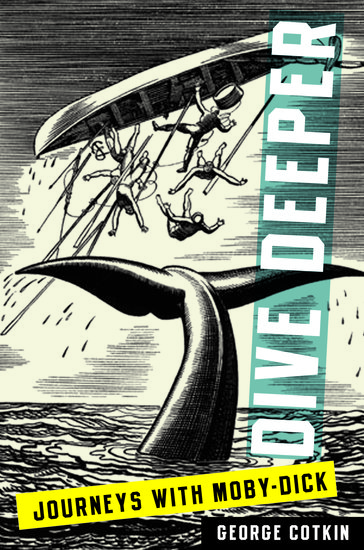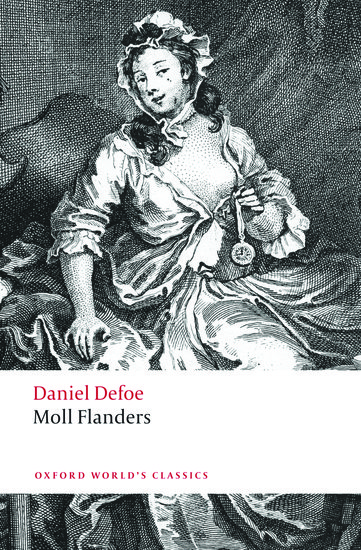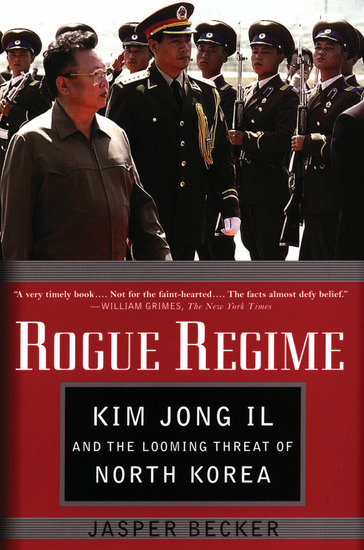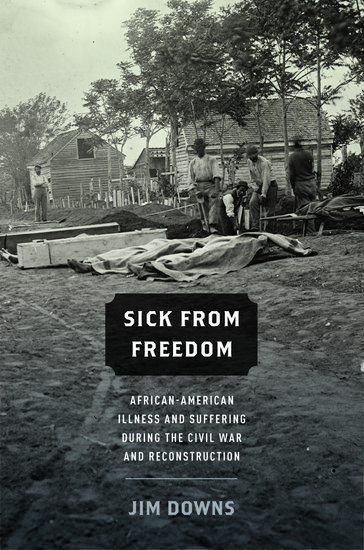James Bond at the London 2012 Opening Ceremony
By Jon Burlingame
When James Bond and Queen Elizabeth parachuted out of the helicopter (or appeared to) during Friday night’s opening ceremonies of the London Olympics, director Danny Boyle could think of only one piece of music to play: the “James Bond Theme.” And of all the dozens of recordings of 007′s signature music that have been made over the years, he chose the unmistakable original: John Barry’s recording of Monty Norman’s “James Bond Theme,” from the very first Bond adventure, Dr. No, which opened in British cinemas 50 years ago, in October 1962.

